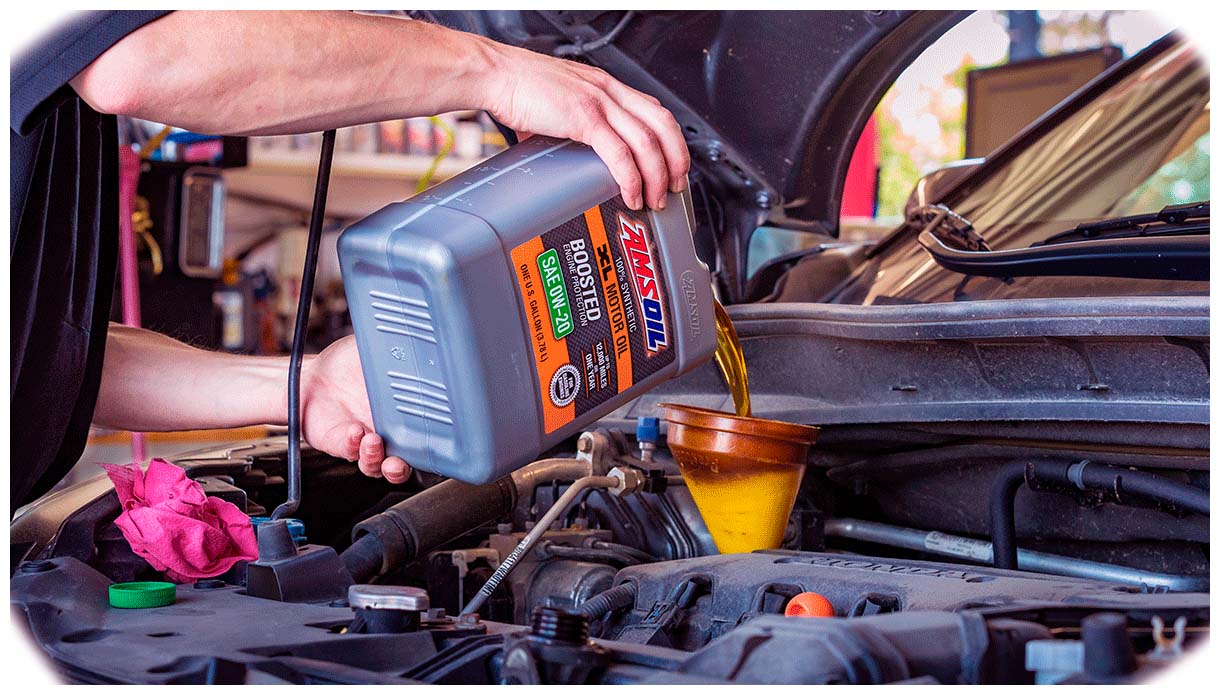Motor oil is a critical component of any vehicle’s engine, providing lubrication, cooling, and cleaning. It’s important to keep your car in good condition and change your oil regularly. However, many people wonder if motor oil can evaporate. In this article, we explore the answer to this question and provide information on how to prevent evaporation.
What Is Motor Oil?

How Does Motor Oil Evaporate?
Motor oil can evaporate through a physical process known as evaporation or volatilization, which occurs when molecules in liquid form become gaseous at room temperature or slightly higher temperatures due to increased pressure or agitation from air movement or heating sources such as radiators. The rate of evaporation depends largely upon the volatility of the oil, which is a measure of how quickly it will evaporate under normal conditions.
For best results, the 5.4 Triton engine should use oil that has a low volatility rating, such as synthetic oil, to minimize evaporation and ensure optimal engine performance. Synthetic oil is considered the best oil for 5.4 Triton engines as it provides increased protection from wear and tear, as well as improved fuel efficiency over conventional motor oils.
Factors That Affect Motor Oil Evaporation
Several factors can affect the rate of motor oil evaporation, including temperature, pressure, and the characteristics of the oil itself. Hotter temperatures cause molecules to move faster and thus evaporate more quickly. The same applies to increased levels of pressure, particularly when the oil is agitated or exposed to air movement. Additionally, certain oils are more volatile than others and will evaporate more quickly as a result.
Preventing Motor Oil Evaporation
It’s important to take steps to prevent your motor oil from evaporating if you want your engine to remain in good condition for years to come. To do this, make sure you are using a quality motor oil with low volatility. Additionally, be sure that your car is parked in a cool area out of direct sunlight whenever possible and keep an eye on the temperature gauge while driving so that it doesn’t get too hot. Finally, regularly check your engine’s fluid levels and top off any that have dropped due to volatilization or other causes such as leaks or consumption.
Conclusion
In conclusion, motor oil can evaporate, and the rate of evaporation depends on a variety of factors such as temperature, pressure, and the characteristics of the oil itself. To keep your motor oil from evaporating, make sure you’re using a quality product with low volatility and regularly check your engine’s fluid levels. Additionally, park your car in a cool area out of direct sunlight whenever possible and keep an eye on the temperature gauge while driving so that it doesn’t get too hot. Following these tips can help you maintain your vehicle’s engine in peak condition for years to come!


Add Comment